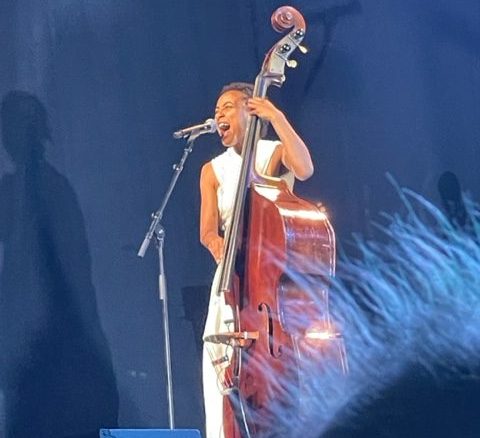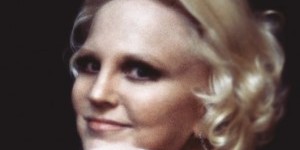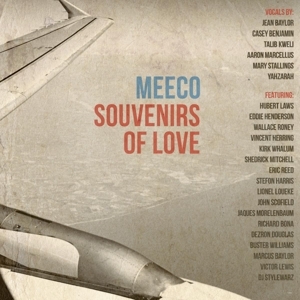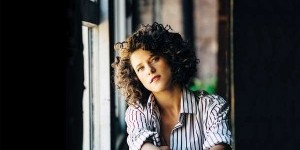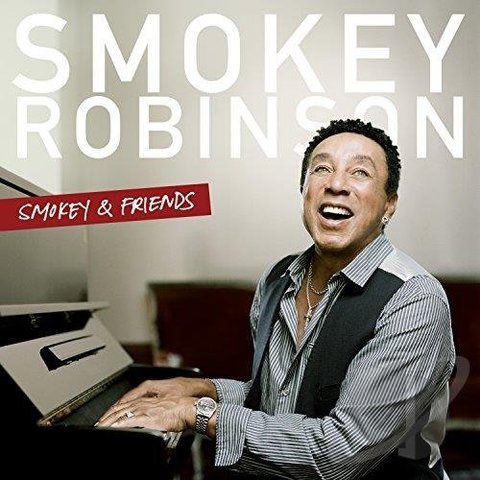Norah Jones – Day Breaks
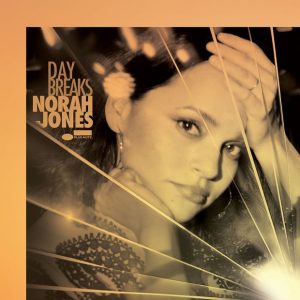 So the story goes that Norah Jones met Wayne Shorter two years ago at the 75th birthday celebrations of her label, Blue Note Records, at Washington’s Kennedy Center. The story also goes that this was the inspiration for her latest release “Day Breaks”. Wayne Shorter is prominently featured on four tracks here, even though he mostly plays more of an annotating, supporting role, much like he does on Joni Mitchell‘s records.
So the story goes that Norah Jones met Wayne Shorter two years ago at the 75th birthday celebrations of her label, Blue Note Records, at Washington’s Kennedy Center. The story also goes that this was the inspiration for her latest release “Day Breaks”. Wayne Shorter is prominently featured on four tracks here, even though he mostly plays more of an annotating, supporting role, much like he does on Joni Mitchell‘s records.
“Day Breaks” starts out in mysterious and fancy fashion with “Burn”, a slow groover paving the way for this intense set of songs. The song which comes closest to her previous forays into the folk, country, and pop world is probably “Tragedy”, complete with harmony vocals, a sweet Wurlitzer and Hammond organ. She also gets groovy on the Les McCann-inspired “Flipside”, saying that it was based on McCann’s “Compared To What?” and also including some more socio-political attitude, like in her phrase “If we’re all free, then why does it seem we can’t just be”. Dr. Lonnie Smith is on Hammond on this piece, one of the most grooving songs she ever recorded.
She really sounds cool and sassy on the trio recording “It’s A Wonderful Time For Love” which features Chris Thomas on bass and Brian Blade on drums (Brian plays on all the tracks except two). I wish there would have been more of those toned-down, simple and fearless songs here. In the press release, Norah is quoted that she had been listening to a lot of Blossom Dearie and Shirley Horn, among others, while writing the material for this album. I think the Blossom factor can be heard and felt in the wonderful, dreamy, exhilarating “And Then There Was You” with a small string section, clearly my favorite track on the album. It has this intricate, but at the same time almost naive-sounding vibe that I adore in Blossom’s art.
There are three tracks not written by Norah and her songwriting partners Sarah Oda and Pete Remm, one of them is the Neil Young song “Don’t Be Denied” (1973), a typical Young song from that era, resurrected here in nostalgic fashion with a few back-up singers and horns. It seems that there is a plethora of styles and moods squeezed into the 12 tracks, with the title track hearkening back to her last album with a more alternative-rock sounding approach and her voice pushing more towards the higher registers before Wayne Shorter chimes in with a hearty solo. Keeping it all together though is her unrivaled voice and her piano playing which has become more of that less-is-more approach of the late Shirley Horn who loved to play less and leave things out completely to underline the overall mood of the song
Horace Silver‘s “Peace”, which has become a standard now, is included as an intimate, reduced jazz piece with some magical, conversational playing by Wayne with his supporting band members John Patitucci and Brian Blade. It just suits her extremely well. Vicente Archer, Karriem Riggins and a three-part horn section with Dave Guy on trumpet, Leon Michels on tenor sax, and J Walter Hawkes on trombone, remind me of some New Orleans-style groove and swing cuts on “Once I Had A Laugh” which comes across as a fun track with the repeated line “Once I had a laugh, and when I get older, I will not forget”. It actually rings a bell here…
“Sleeping Wild” to me sounds like a typical album filler but hey, I’m writing this during my first listen of the album. Norah gets bluesy on “Carry On” which has Jon Cowherd on Hammond organ – Dr. Lonnie Smith had to leave the stool to sing backgrounds on this nice little ditty. And as a final cut, we are treated to Duke Ellington‘s “Fleurette Africaine” from the Wayne Shorter session again and Norah humming herself through this exotic tune and Wayne taking over the torch from her, playing in his inventive, floating style. A cool way to knock it off.



